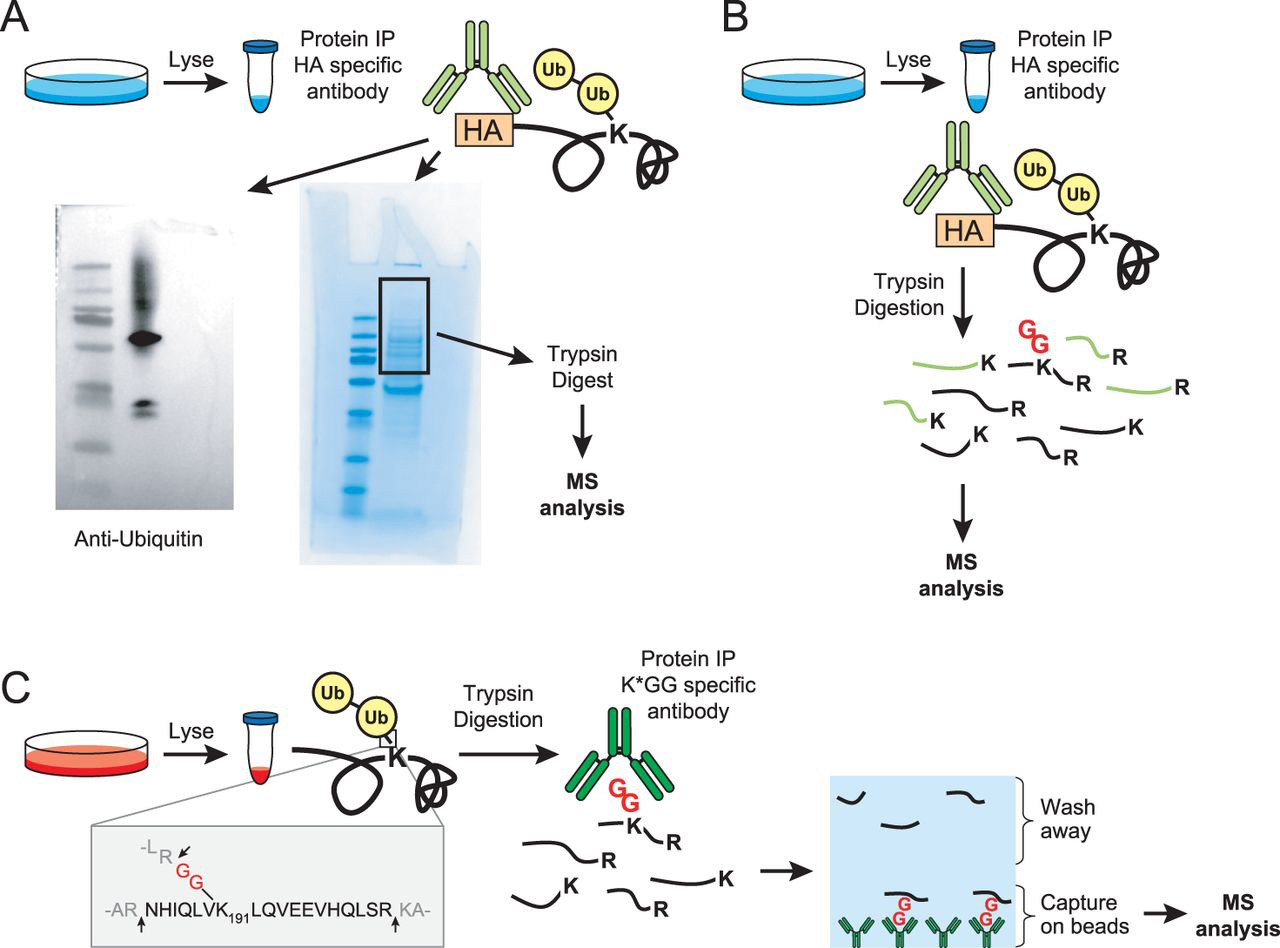Ubiquitinated Peptide Enrichment Service
MtoZ Biolabs offers Ubiquitinated Peptide Enrichment Service using antibody-based affinity capture to selectively recover ubiquitinated peptides from complex samples. Enrichment is a critical step in ubiquitylomics, as ubiquitination events are typically of low abundance and difficult to detect without targeted isolation. Our service delivers high-quality peptide pools suitable for downstream analysis, including site mapping, quantification, and pathway interpretation.
Protein ubiquitination is a post-translational modification where ubiquitin is covalently attached to lysine residues. Beyond its classical role in proteasomal degradation, ubiquitination regulates DNA repair, signaling, immune responses, and protein trafficking. Dysregulation is linked to cancer, neurodegenerative diseases, and immune disorders, underscoring the need for precise enrichment to study ubiquitination comprehensively.
Services at MtoZ Biolabs
MtoZ Biolabs applies a robust workflow centered on antibody-based enrichment targeting the di-glycine remnant (K-ε-GG) left on lysines after trypsin digestion. This approach ensures selective capture of ubiquitinated peptides and minimizes background from unmodified peptides. For deeper coverage, optional prefractionation strategies such as SCX, HILIC, or RPLC can be incorporated. Ubiquitinated Peptide Enrichment Service ensures that both canonical and non-canonical ubiquitination events are efficiently recovered, preparing samples for downstream proteomics or quantitative ubiquitylomics.
Analysis Workflow
1. Sample Preparation: Extraction from cells, tissues, serum, plasma, exosomes, or microbial sources.
2. Protein Digestion: Trypsin cleavage exposes ubiquitination remnants.
3. Optional Prefractionation: SCX, HILIC, or RPLC reduce sample complexity.
4. Antibody-Based Enrichment: K-ε-GG–specific antibodies capture ubiquitinated peptides.
5. Downstream Options: Enriched peptides are compatible with LC-MS/MS, quantitative workflows, and PTM cross-talk studies.
6. Reporting: Summary of enrichment results, and when applicable, full datasets including site identification and pathway analysis.

Anania, V. G. et al. Mol. Cell. Proteomics. 2013.
Figure 1. Workflow of Ubiquitinated Peptide Enrichment
Why Choose MtoZ Biolabs?
✔ High Specificity: K-ε-GG antibodies ensure accurate capture of ubiquitinated peptides.
✔ Improved Sensitivity: Enrichment reveals modifications often missed by direct analysis.
✔ Flexible Options: Prefractionation enhances coverage for complex samples.
✔ Downstream Integration: Enriched peptides can be analyzed by our proteomics platforms.
✔ Comprehensive Support: From sample submission to data interpretation.
Sample Submission Suggestions

Note: Provide details on sample collection and handling. If you need further details, our technical support team is happy to assist and provide comprehensive guidance on sample submission.
Applications
· Protein Degradation: Mapping ubiquitin-mediated proteasomal regulation.
· DNA Repair: Identifying ubiquitination in genome stability pathways.
· Cancer Biology: Detecting dysregulated ubiquitination networks.
· Neurodegeneration: Studying ubiquitin-linked aggregates in disease models.
· Immunology: Exploring ubiquitin signaling in immune and host–pathogen interactions.
FAQ
Q1: How do you minimize non-specific binding during ubiquitinated peptide enrichment?
We optimize digestion, washing, and antibody binding conditions to reduce background noise. The use of validated K-ε-GG antibodies and optional prefractionation ensures high specificity while maintaining sensitivity.
Q2: Is your enrichment compatible with cross-talk studies involving other PTMs?
Yes. Our enrichment workflows can be integrated into multi-PTM studies, allowing simultaneous or sequential profiling of ubiquitination together with acetylation, phosphorylation, or methylation to reveal signaling crosstalk.
Ubiquitinated Peptide Enrichment Service at MtoZ Biolabs provides researchers with enriched peptide pools that are directly ready for downstream proteomic studies. By offering reliable enrichment strategies alongside optional prefractionation and bioinformatics support, we help uncover the functional roles of ubiquitination in diverse biological systems. Beyond ubiquitination, MtoZ Biolabs delivers a broad range of PTM-omics services, including phosphorylation, acetylation, methylation, and succinylation. Contact us today to explore how our service can accelerate your research.








